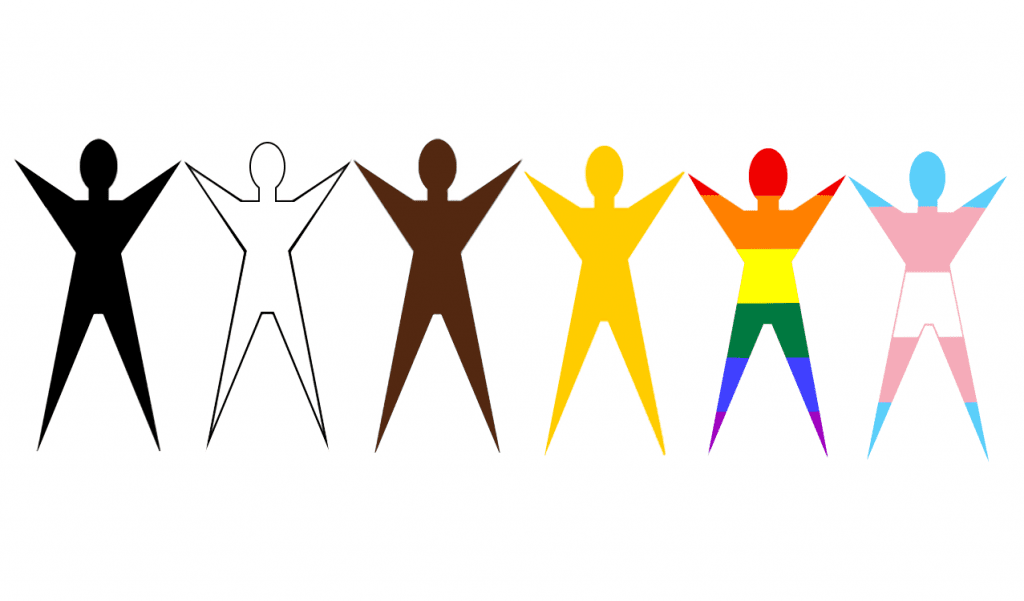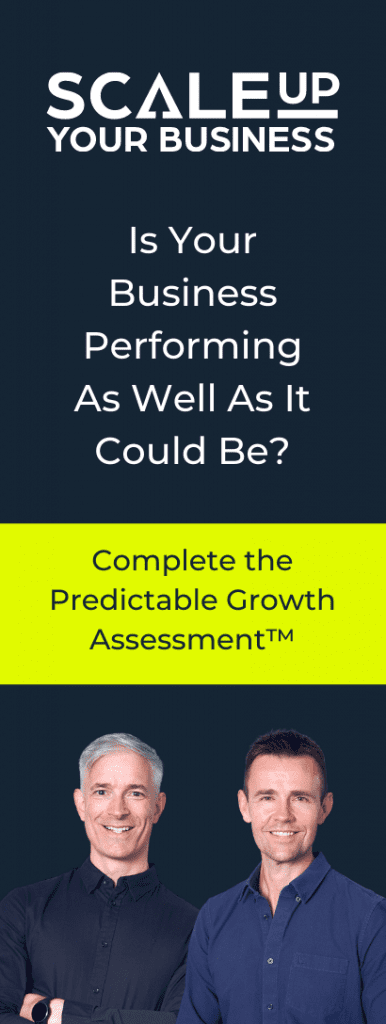What does being inclusive mean to you?
To me, equity, equality, diversity, and inclusion are so important, especially when I consider the experiences of those that are most marginalised and oppressed. By definition, equity is about fairness. Equality is equal value and equal worth to all.
MY SHAME
I have had to do my own soul searching when I was asked by a member of my team many years ago if I was familiar with the Equality Act…
I wasn’t and I was ashamed. As a leader of a large diverse business, I should have been. I may have made decisions that I wouldn’t now. But I showed a complete lack of awareness of how those decisions may have been felt or impacted by every member of my team. Unforgivable.
That’s the point if you don’t know or are unsure then ask- you can’t presume to know how everybody feels. In a large organisation, this is less straightforward but that is where top-down awareness and training on inclusivity are essential. We shouldn’t be content to speak of it, or refer to it in our annual report, sales and investor decks and policy documents. We must live it! It needs to be a shared leadership purpose.
I have witnessed behaviours as an employee that I didn’t speak up about at the time- that I have no doubt now that I would.
MY ROLE IN CHANGE
I have lived the situations where making these changes to my approach has helped massively. Improving opportunities for more people to demonstrate their talents, unlocking new levels of performance and productivity through a harnessing of collective effort. It is one of the tenets I include in coaching clients on purpose. What does Inclusivity mean to you? I can see their paradigm shift in front of my eyes.
Perhaps this is even more important for us as leaders to take responsibility as we see more division created in the world through political leanings and ideology.
DIVERSITY MEANS RESPECTING DIFFERENCES AND ENSURING THAT BASIC HUMAN RIGHTS ARE GUARANTEED TO ALL
Inclusion is a unifying, all-embracing ideology that involves linking equity, equality and diversity in order to create an environment and a set of policies, practices and processes.
This should include the adoption of positive attitudes in order to broaden access, redress power imbalances, build collaborative partnerships, develop and sustain clear lines of communication and equitably provide opportunities for inclusive participation in order to enable people to fulfil their potential.
We live and operate in increasingly diverse societies, globally, and that diversity and inclusion is a moral and legal imperative that concerns us all. There should be no place for racism, discrimination and so many forms of prejudice in our society. These practices are indefensible and we should always stand against them.
We want the people we lead to feel like they are being treated fairly and that their opinions and contributions are respected.
Do we communicate and act in a way that achieves this because if we do then we can expect enhanced contribution, commitment, and conscious effort to deliver for you and the organisation.
Our people need to feel they belong.
BEING AN INCLUSIVE LEADER IS GOOD FOR THE BOTTOM LINE
Harvard Business Review research shows that inclusivity directly enhances performance. Teams with inclusive leaders are 17% more likely to report that they are high performing, 20% more likely to say they make high-quality decisions, and 29% more likely to report behaving collaboratively. Another interesting point showed a 10% improvement in perceptions of inclusion increasing work attendance by almost 1 day a year per employee, and reducing the cost of absenteeism.
So being an inclusive leader is good for the bottom line! This is equally true for smaller, earlier stage businesses going through scale-up when the reliance of individuals to make a difference to performance is even more pronounced and the development and nurturing of an inclusive culture is critical to the future identity of the business. Impacting ability to communicate effectively with customers, talent, investors and other stakeholders.
When people feel they belong, they are more likely to model inclusive behaviours.
What are the inclusive behaviours and considerations that leverage difference and diversity to achieve better business results?
Create an environment where your people feel, and are valued, bringing their differences to work each day and showing up with great contribution.
- Self-awareness of preferences and biases- overcome bias using humility and empathy. Take personal inventory, seeking feedback on whether people perceive you as being inclusive.
- Be open to other perspectives for decision making- how you measure, manage and improve who is involved and how business decisions are made across your company
- Seek out perspectives different from your own- showing curiosity about others’ way of thinking, opinions, experience.
- Adjust and adapt communication style, and observe the impact on different people. Wear inclusivity as a cloak. It is a habit. Build your own narrative on why being inclusive is important to you and the business. Your purpose. Share personal stories.
- Enable everyone to contribute, making a conscious effort to include those who may not always offer ideas and suggestions. Give everyone the chance to speak up, invite different people to the table, and create broader networks. Seek opportunities to work with cross-functional or multi-disciplinary teams to leverage diverse strengths.
- Make success possible for all. Ask yourself who might think they are being constrained or restricted and proactively seek them out.
What is changing for the better?
Look for signs that what you are doing is having an impact on your team.
Are your team following your example by showing the behaviours above, are you seeing a more diverse representation?
Is a more diverse group of people sharing ideas with you? Is teamwork better? Increased collaboration- across functions and borders. Greater creativity and more openness in sharing ideas.




